Iran FM: Tehran ready for good, strong deal through Vienna talks
Iran’s foreign minister has once again said Tehran is ready to clinch a good, strong agreement with other negotiating parties in the Vienna talks aimed at reviving the 2015 Iran deal.
Hossein Amir-Abdollahian made the remarks in a telephone conversation with his Qatari counterpart, Mohammed bin Abdulrahman bin Jassim Al Thani, on Tuesday.
Amir-Abdollahian stressed the need to pay attention to the interests of the Iranian nation and the country’s red lines in the course of the negotiations in the Austrian capital, saying, “The Islamic Republic is fully ready to achieve a good, strong, and lasting agreement.”
The top Qatari diplomat, for his part, appreciated Tehran’s constructive role in the Vienna talks and underlined the need for all parties to work towards a deal.
Earlier this month, the talks in Vienna, meant to resurrect the Joint Comprehensive Plan of Action (JCPOA), were paused for an undetermined period of time despite reports suggesting that they were in the “final stages.”
Iranian officials have repeatedly said the United States needs to remove all illegal sanctions against the Islamic Republic in a verifiable manner and offer guarantees that a new US administration will not breach the JCPOA again before it can rejoin the accord.
Former US president Donald Trump unilaterally left the JCPOA in May 2018 and re-imposed the anti-Iran sanctions that the accord had lifted. He also placed additional sanctions on Iran under other pretexts not related to the nuclear case as part of his “maximum pressure” campaign.
In May 2019, following a year of strategic patience, Iran decided to let go of some of the restrictions on its nuclear energy program, resorting to its legal rights under the JCPOA, which grants a party the right to suspend its contractual commitments in case of non-compliance by the other side.
The administration of US President Joe Biden says it is willing to compensate for Trump’s mistake and rejoin the deal, but it has retained the sanctions as leverage.
US State Department Ned Price said on Monday that “an agreement is neither imminent nor is it certain.”
Repeating those words on Tuesday, Price added that “we’ve always discussed – or we’ve long discussed, I should say – alternatives with our partners in the region.”
Iran has blamed the protraction of the talks on the US, urging the country to make the necessary “political decisions” to finalize a deal.
More pro-Gaza rallies held across Yemen
'Hunger is everywhere in Gaza': UN food agency
Iran dismisses Arab League accusations, says wants stability in Syria
Syria's HTS militants seek ‘peace’ with Israel
VIDEO | Israel violations of ceasefire
Hamas: Israel’s raid on Kamal Adwan Hospital ‘war crime’
VIDEO | TELECOM 2024 brings together ICT firms in Iran
South Korea’s parliament impeaches acting President Han Duck-soo


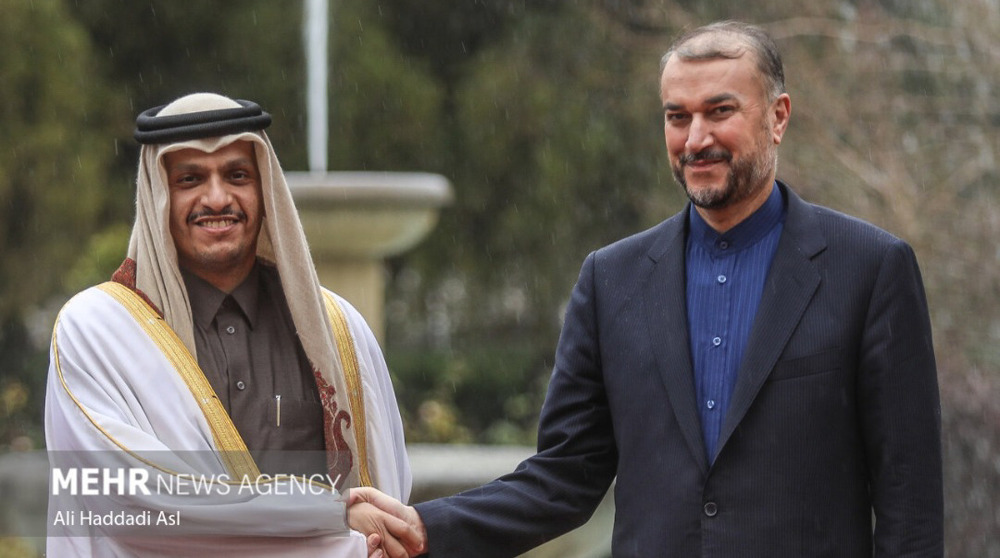
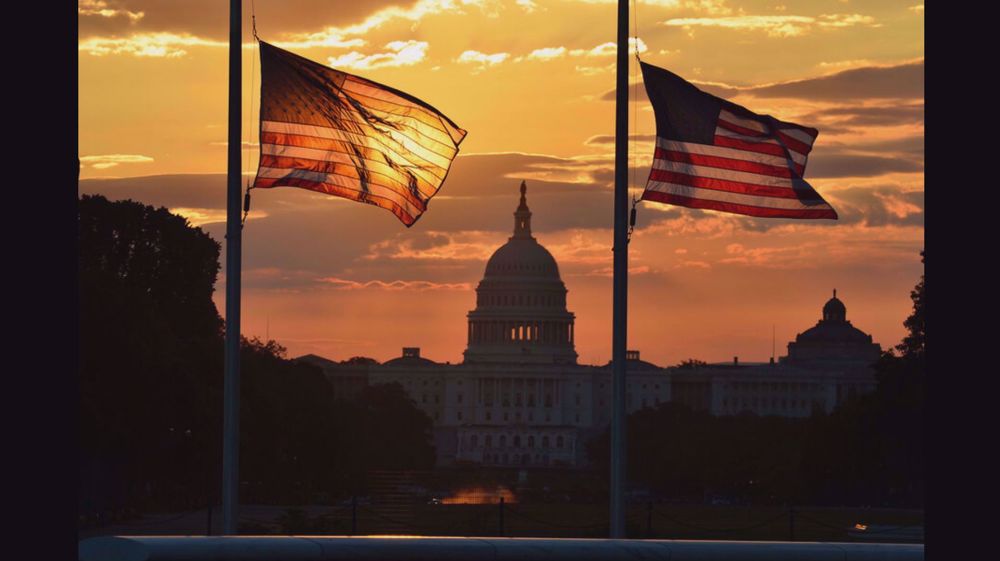
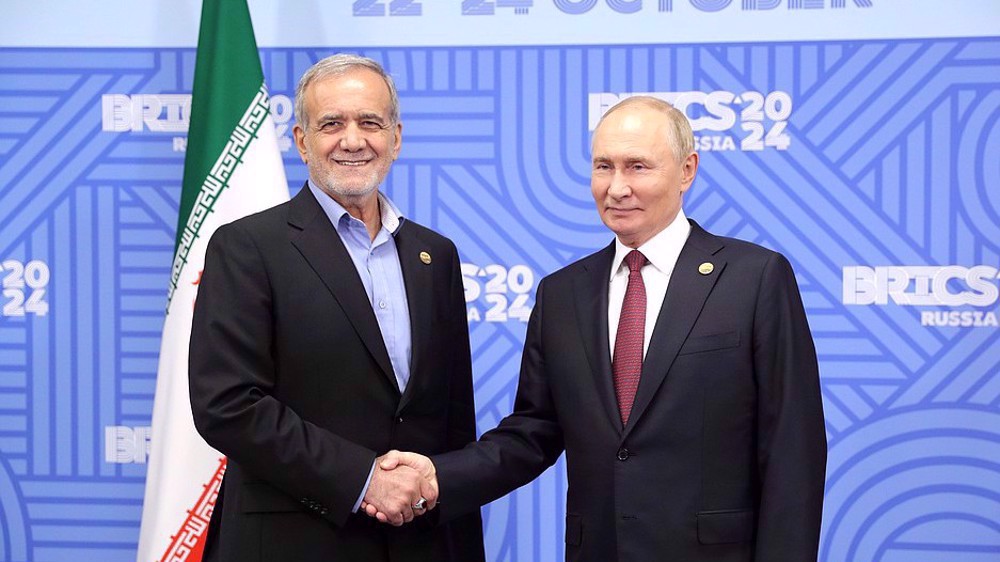
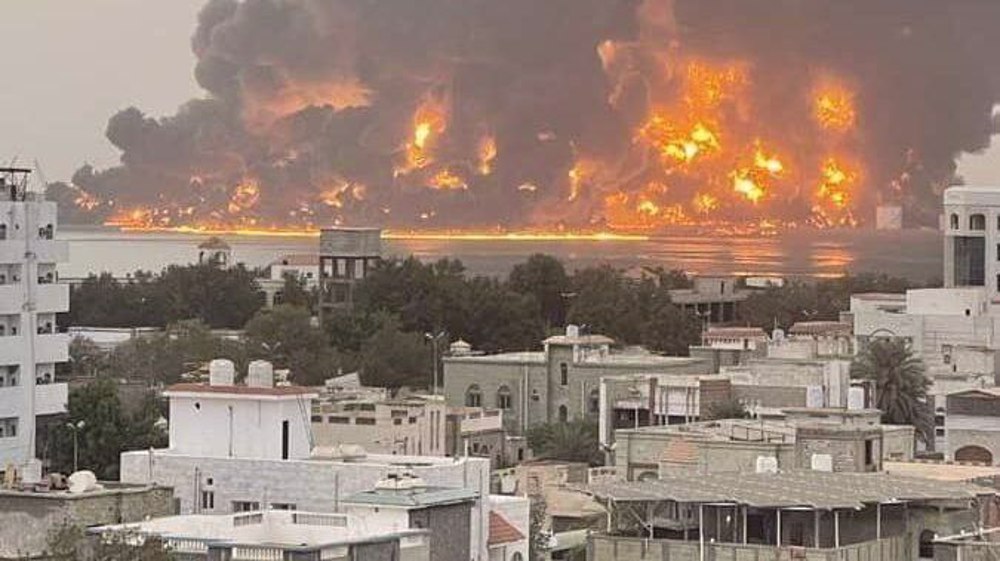
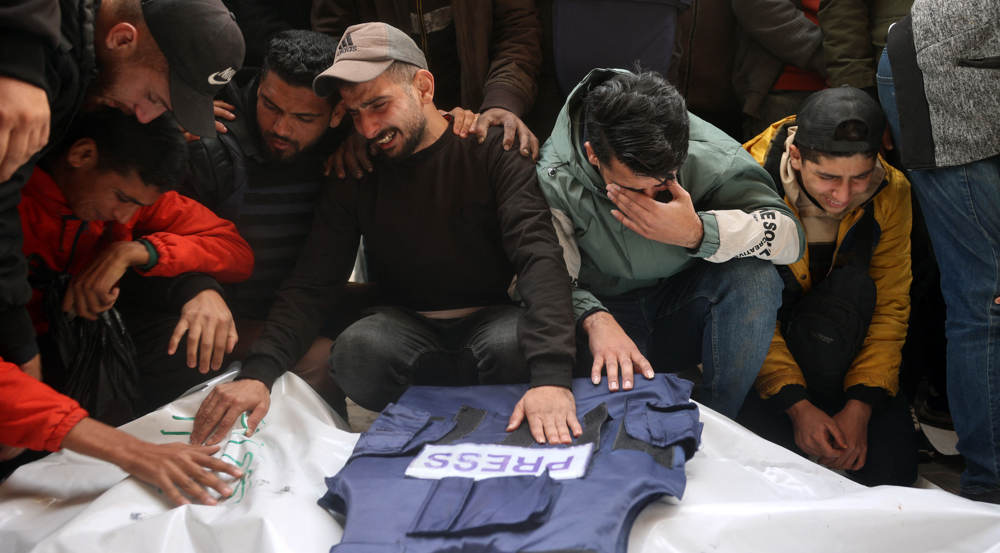



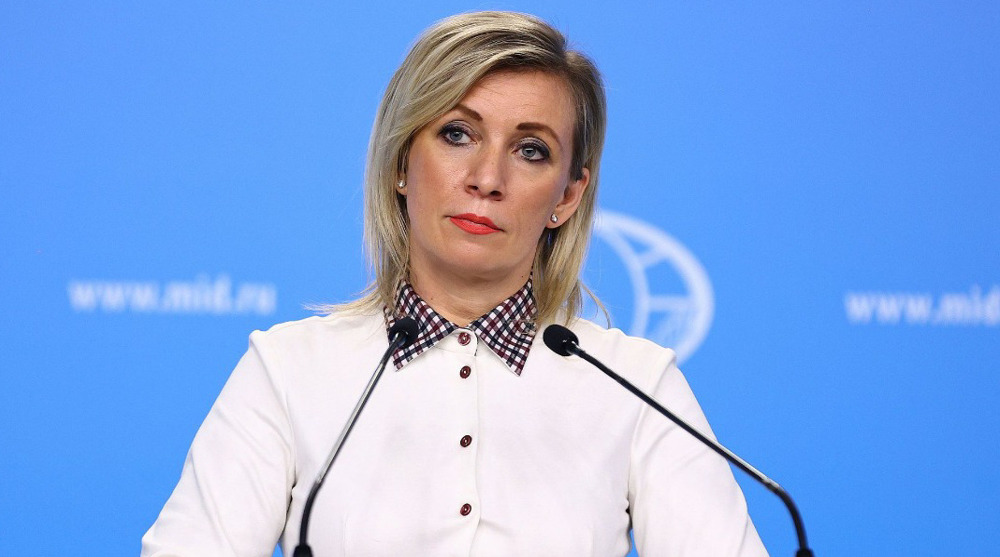
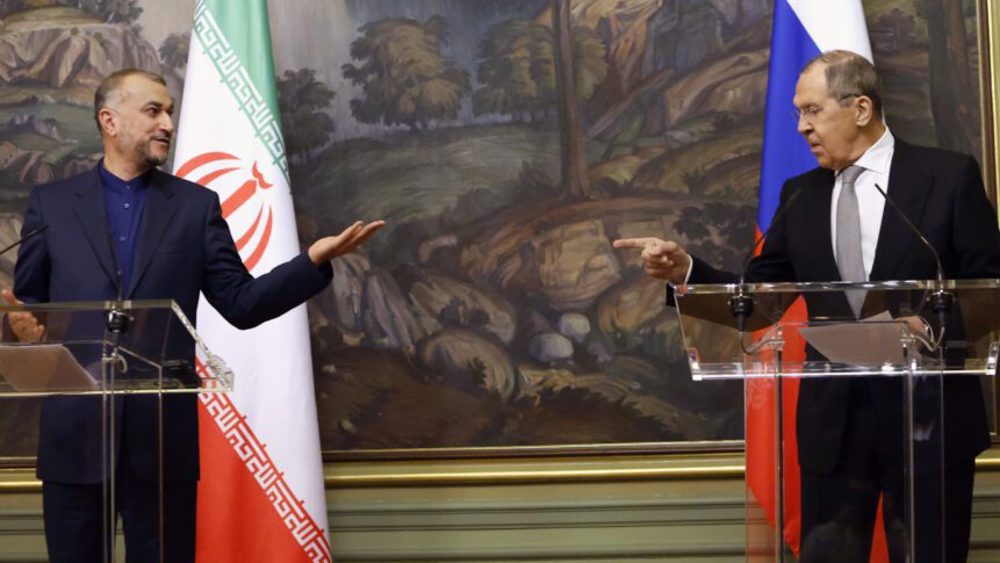
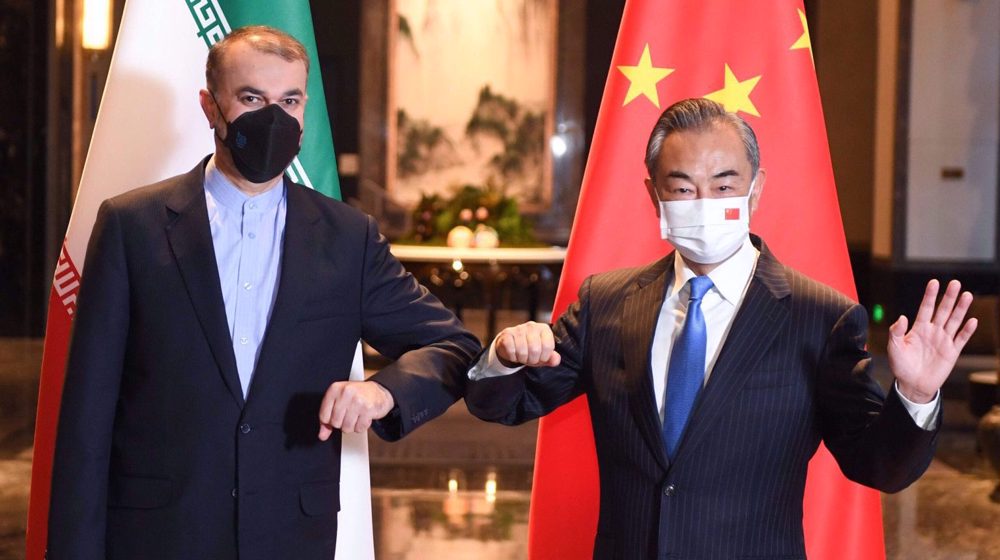
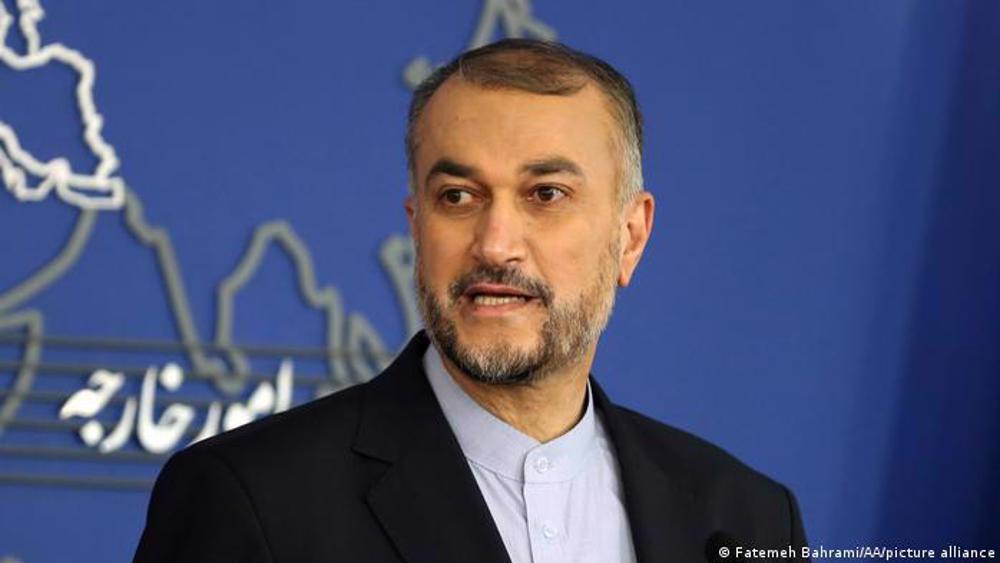
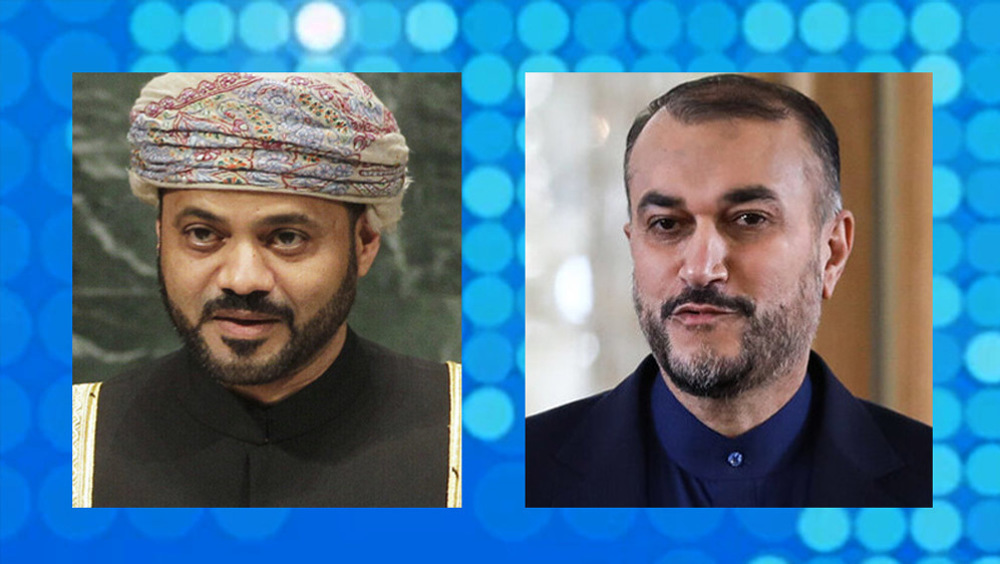

 This makes it easy to access the Press TV website
This makes it easy to access the Press TV website